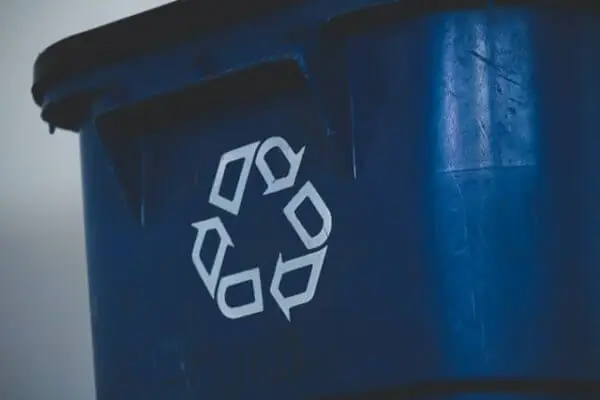Construction creates a lot of waste. In fact, the construction industry is one of the highest waste producers in the whole world. These wastes can have a massive impact on the environment when not handled and disposed of in accordance with waste disposal policies.

Construction waste may include bricks, concrete, timber, asphalt, soil, sand, and a plethora of other scrap materials. Most of the waste by construction projects is recyclable. Some may not which makes it important to have proper knowledge on the disposal of construction. Regulations require that construction waste be disposed of in a responsible manner in accordance with the local waste disposal policies.
In Australia, the National Waste Policy serves as a guideline for the whole country when dealing with waste. Proper disposal is the primary step towards waste disposal.
Types of Construction Waste
General Waste
General wastes are wastes that are not recyclable. Avoid contaminating these wastes with any hazardous materials. You can send general waste to the local landfills.
Hazardous Waste
Some examples of hazardous construction waste are asbestos, mercury, and treated timber. There are specific collection facilities for hazardous waste including Recycling Centre Balcatta (Stirling), Ranford Road Transfer Station (Canning), and Tamala Park Waste Disposal Facility (Mindarie Regional Council).
Dredging Waste
Dredging waste includes stumps, rocks, and rubble. You can hire a skip bin to handle this type of waste since these waste materials are difficult to handle.
Organic Waste
Composting is the most eco-friendly way of disposing of organic waste materials. Through this process garden wastes combined with any other food waste can become high-quality compost. We can reuse this to help grow new plants and improve the quality of the soil.
As a responsible member of society, whatever type of waste you produce during construction or design projects should be disposed of in accordance with the policies.
Got something to share? Let us know your experience with proper disposal of waste in the comments.



0 Comments